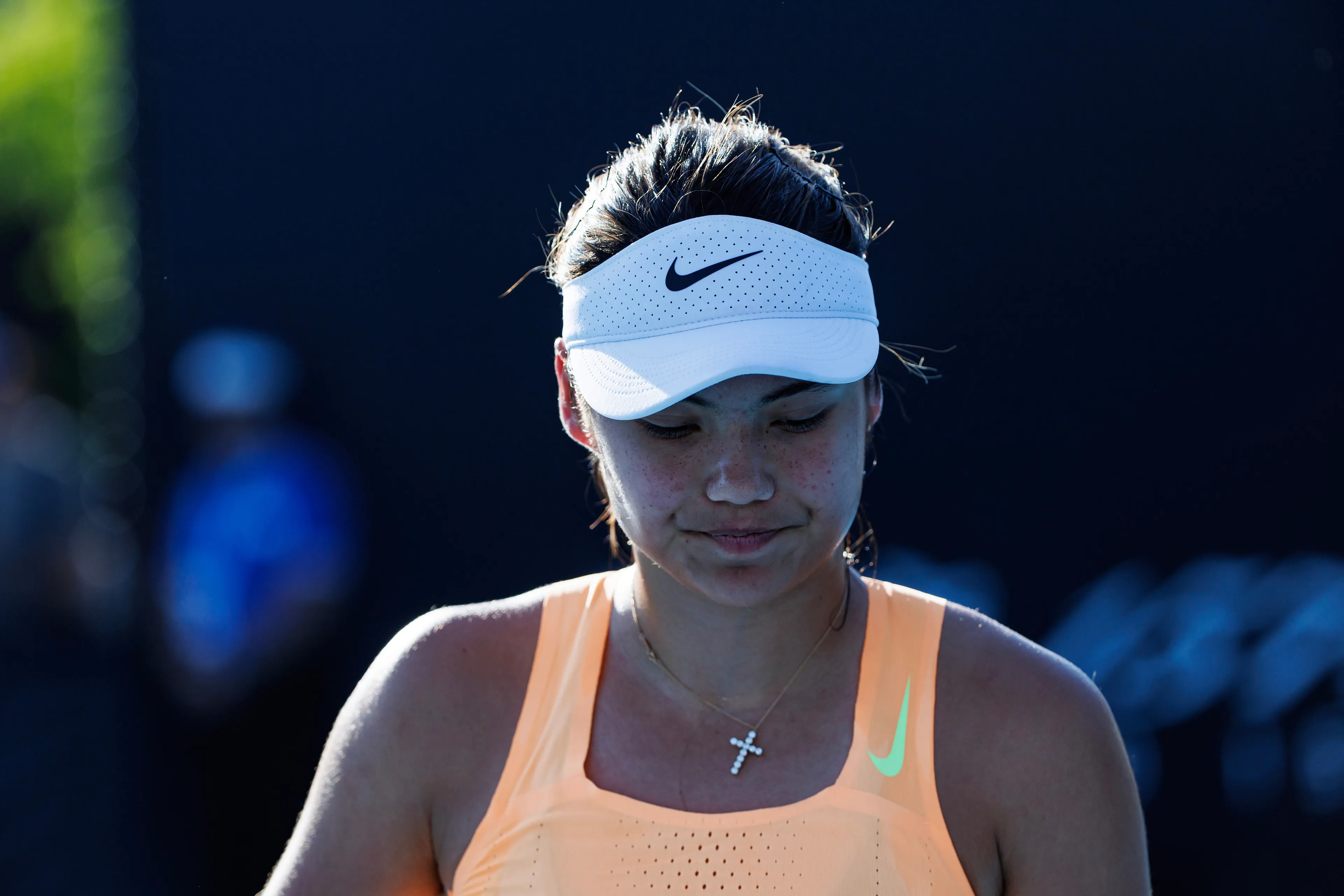Zverev Argues For Never 'Getting Rid Of' Five-Set Matches At Grand Slams
ATPSaturday, 29 June 2024 at 22:35

Alexander Zverev is perfectly happy with the way tennis rules are set right now and does not see the point in eliminating best-of-five matches at Grand Slams.
Best-of-five matches are part of what makes Grand Slams so special. They set apart those matches, especially those achievements, from everything else in tennis, which is the main point of having them.
There are only four Grand Slams every year, and they are by far the most important tennis events on the calendar. Even so, there have been some talks about possibly getting rid of the best-of-five format at Grand Slams, which would make the sport best-of-three across the board.
The doubles used to be best-of-five at Wimbledon but were changed to best-of-three. There are certainly valid arguments for that change, especially regarding players' health, which is tested by the very long tennis season, but Zverev doesn't see a reason for the change.
He doesn't think tennis, one of the oldest sports in the world, needs to change much. Even the physical toll on the body is part of the equation for Zverev, who spoke about it ahead of the 2024 Wimbledon Championships.
Read also
"Tennis is fine, it is one of the oldest sports that there is. And the rules of tennis, they are fine, we do not need new rules all the time, we do not need to invent things every few years. The difficulty of winning a Grand Slam are the five-set matches, it is the physicality part."
He's actually adamantly against it because getting rid of it would fundamentally change what Grand Slams are, and he's not in favor of that.
"Winning a Masters 1000 is very important or the ATP Finals, but the most difficult task in our sport is winning a Grand Slam because of the five-set matches."
"In my opinion, there is no way we should ever get rid of that. It's what makes Wimbledon so special, the French Open so special. You see the players exhausted, at their limit."
Read also
Loading







